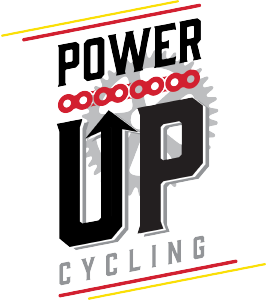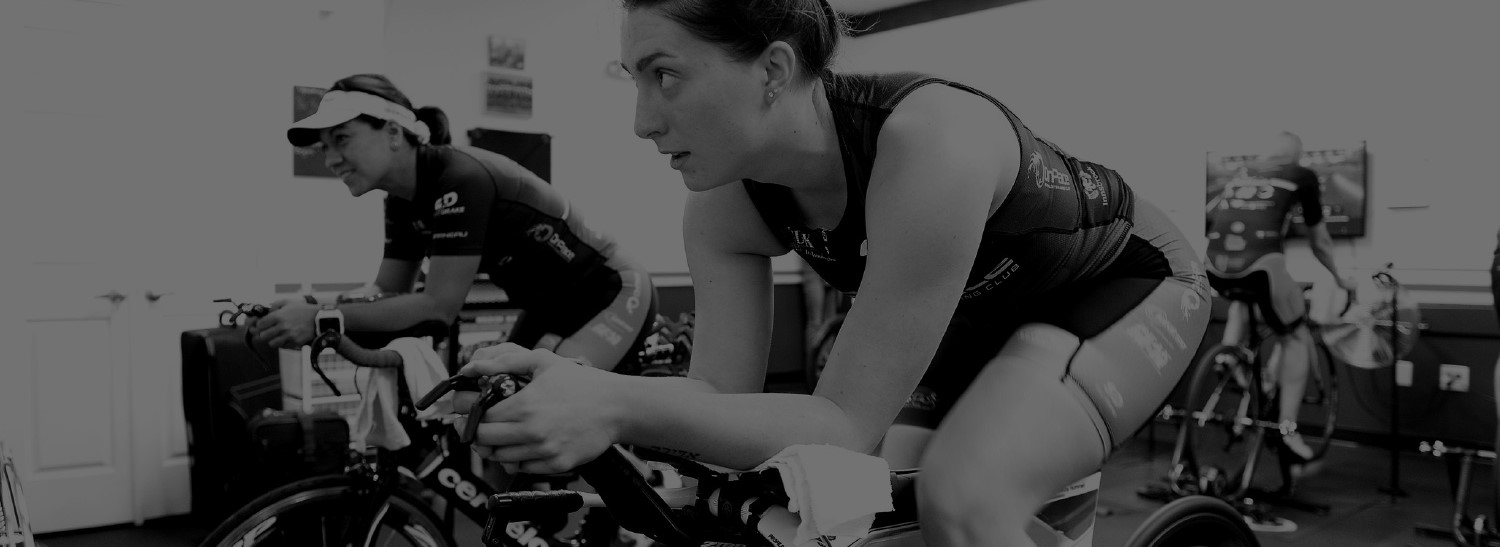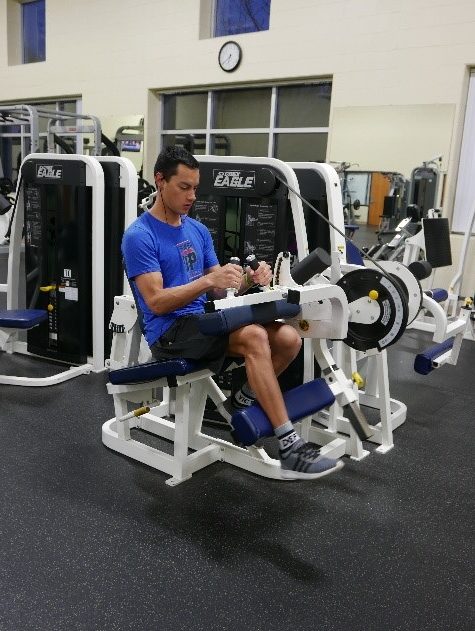A long training / racing season takes its toll on an athlete. The long hours of training, over weeks and months, can beat an athlete down both physically and mentally. In this article I am going to discuss ways to refresh the body and prepare it for the coming season. In future articles, I will discuss ways to refresh the mind.
The best way I know to refresh the body is to incorporate a progressive resistance training program in your off-season training. Even if you came out of last season completely injury free (consider yourself lucky), the limited range of motion associated with cycling, running and swimming can leave your body with weakness and imbalances that can 1) lead to injuries in the future and/or 2) limit how hard you can train in the future. The off-season is the perfect time to correct these weaknesses and imbalances with a well-designed resistance training program. In the absence of races to prepare for, you can focus on a solid rebuilding program that will not only help correct existing problems but also help you start next year’s training season stronger and more durable than in previous years.
Durability is a concept you don’t read about much in regard to endurance athletes but it is CRITICAL for long-term athletic success as it dictates how hard you can train (without injury) and how quickly you recover from hard training. I have been coaching endurance athletes for over 30 years and in those 30 years I can count on one hand how many of my athletes have suffered from chronic use injuries. I attribute that, to a very large degree, on the off-season progressive resistance training programs I have my athletes complete in the off-season.
A good off-season program, like any other program, begins with an evaluation to establish a baseline. That said, what I recommend to my athletes is the following:
- an annual physical including a comprehensive blood panel (numbers don’t lie). This cannot only help identify existing problems (e.g., anemia) but can also be used as a reference point if at some point during the season you run into problems and need to get another blood test.
- a functional assessment by a trained physical therapist or qualified personal trainer to assess any lingering injuries and to determine strength and flexibility imbalances
- a lactate threshold test and VO2 max test (cycling and running) to establish off-season training zones (Using with training zones established at peak fitness during the season can easily lead to over-training in the off-season.)
Once this information is available, your physical therapist and/or personal trainer should work with your coach to incorporate a personalized resistance training program into your off-season training plan. This plan should be specifically designed to rehabilitate any lingering injuries and correct the weakness and imbalances identified in your functional assessment. This is phase one of your off-season resistance program. It can take as few as 4 weeks or as many as 12 weeks to complete depending on how quickly injuries, imbalances and weaknesses can be corrected. Be patient. It will be worth it in the end.
Upon completion of phase one, an athlete will move into phase two of their off-season resistance training program which is specifically geared to improving strength and durability. This phase typically takes 4 – 8 weeks to complete and should have strength improvement goals specific to the muscles involved in cycling, running, and/or swimming. Once again, how long it takes all depends on how the athlete responds to the training.

I cannot emphasize enough how critical a good off-season resistance training program is. It needs to be approached with the same level of commitment that you give your in-season training. Starting the training season injury-free and physically stronger than you were this past season, may be just the springboard you need to have that breakthrough performance virtually every athlete dreams at the beginning of every season.
If you would like more information regarding off-season resistance training programs, please contact Power Up Cycling at stltraining@powerupcycling.net.
Jim is the owner and head coach at Power Up Cycling and has been coaching endurance athletes for over 30 years. Over the course of his coaching career, Jim has coached cyclists and triathletes to 1 World Championship, 5 US National Championships, 14 US National Championships podium finishes, 7 US National team appointments and 5 professional contracts. He was the team director and coach of the Gateway Devo Cycling team (one of the top amateur cycling teams in the US from 2010 – 2022).
Sports Psychology


